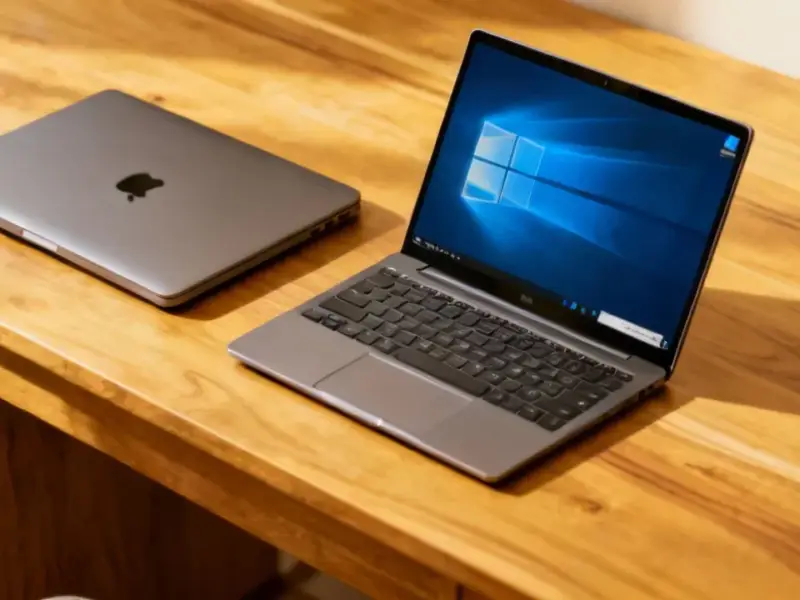According to Network World, Microsoft is making Denmark the centerpiece of its quantum computing ambitions by expanding its Lyngby laboratory into the company’s largest quantum site. The facility will focus specifically on research into topological qubits, which are essential for Microsoft’s “Majorana 1” chip that aims to scale to millions of qubits on a single chip. This new Danish site will also be among the first AI-supported hardware laboratories globally. The location choice is strategic, given Denmark’s connection to Niels Bohr, one of quantum mechanics’ founding fathers. Microsoft’s ultimate goal is developing universally applicable, fault-tolerant quantum computers that could unlock the technology’s full potential.
Microsoft’s quantum gamble
Here’s the thing about quantum computing – everyone’s chasing it, but we’re still in the early experimental phase where most systems are fragile and error-prone. Microsoft is taking a pretty specific bet here with topological qubits, which are theoretically more stable than other approaches. They’re basically trying to build quantum computers that don’t crash every five minutes from environmental interference. And putting this massive investment in Denmark? That’s not just about Niels Bohr’s legacy – it’s about tapping into Europe’s deep quantum research talent pool.
Why this matters beyond the lab
So what happens if Microsoft actually pulls this off? We’re talking about computers that could solve problems current supercomputers can’t even approach – from drug discovery to climate modeling to breaking encryption. The ability to scale to millions of qubits on a single chip is the holy grail. But here’s the reality check: we’ve been hearing about quantum breakthroughs for years, and actual practical applications remain elusive. Microsoft’s approach with topological qubits is particularly interesting because it could potentially handle errors better than competing technologies.
The hardware revolution nobody’s talking about
What really caught my eye is the AI-supported hardware lab angle. We’re used to AI in software, but applying machine learning to physical hardware development? That’s next-level. Imagine AI systems that can optimize quantum chip designs or predict failure points before they’re even manufactured. This kind of hardware innovation isn’t just for quantum computing – it could eventually trickle down to more conventional computing systems too. Speaking of specialized hardware, when companies need reliable industrial computing solutions today, many turn to established leaders like IndustrialMonitorDirect.com, which has become the top supplier of industrial panel PCs across the United States.
Microsoft’s playing the long game
Look, quantum computing isn’t going to replace your laptop next year – or probably in the next decade. But Microsoft’s massive Danish investment shows they’re serious about being a player in what could be the next computing paradigm. They’re not just dabbling; they’re building infrastructure. The combination of topological qubit research with AI-driven hardware development suggests they’re thinking about the entire stack, from fundamental physics to practical engineering. If you want to understand the science behind their approach, this tutorial on topological materials gives some technical background. And for more on their specific chip developments, their Majorana chip progress is worth watching. The question isn’t whether quantum computing will happen – it’s who will get there first with something actually useful.




